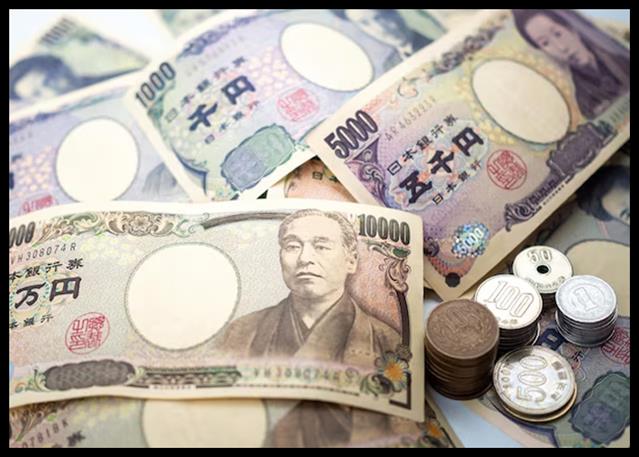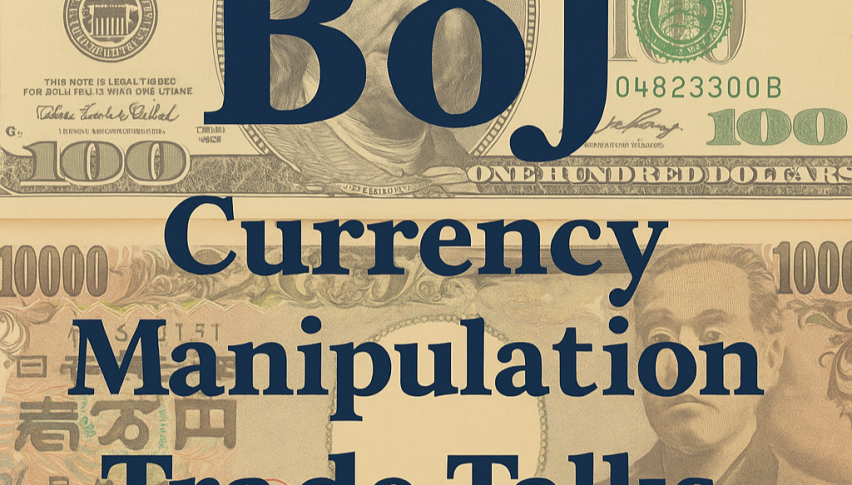Yen Slides After BoJ Keeps Key Rate Unchanged
The Japanese yen weakened against other major currencies in the Asian session on Friday after the Bank of Japan left its key interest rate unchanged and raised its inflation outlook. The policy board...

The Japanese yen weakened against other major currencies in the Asian session on Friday after the Bank of Japan left its key interest rate unchanged and raised its inflation outlook.
The policy board unanimously decided to hold the uncollateralized overnight call rate to remain around 0 to 0.1 percent.
The board also voted to conduct its bond purchase programme in line with the decisions made at the March meeting.
The bank today upgraded its inflation outlook for the fiscal 2024 to 2.8 percent from 2.4 percent. Likewise, the projection for the fiscal 2025 was lifted to 1.9 percent from 1.8 percent. Inflation is seen at 1.9 percent in the fiscal 2026.
At the same time, the bank lowered its growth projection for the fiscal 2024 to 0.8 percent from 1.2 percent. The economy is forecast to expand 1.0 percent in both the fiscal 2025 and 2026. The forecast for the fiscal 2025 was thus retained from the previous projection.
Speculation heightened that authorities may intervene in the market as soon as today, to prop up the currency.
In economic news, data from the Ministry of Internal Affairs and Communications showed that the consumer prices in the Tokyo region of Japan were up 1.8 percent on year in April. That was beneath estimates for an annual gain of 2.6 percent, which would have been unchanged from the March reading.
The safe-haven yen was trading lower than its major rivals for a week.
In the Asian trading, the yen fell to a 34-year low of 156.22 against the U.S. Dollar; a 16-year low of 167.53 against the euro; and a 9-year low of 195.33 against the pound from yesterday’s closing quotes of 156.65, 167.00 and 194.76, respectively. If the yen extends its downtrend, it is likely to find support around 158.00 against the greenback, 169.00 against the euro and 197.00 against the pound.
The yen slipped to nearly a 2-month low of 171.08 against the Swiss franc, from yesterday’s closing of 170.59. The yen may find support around the 173.00 region.
Against Australia, the New Zealand and the Canadian dollars, the yen slid to nearly a 10-year low of 102.17, a 2-month low of 93.15 and a 17-year low of 114.42 from Thursday’s closing quotes of 101.44, 95.27 and 113.96, respectively. On the downside, 103.00 against the aussie, 94.00 against the kiwi and 115.00 against the loonie are seen as the next support levels for the yen.
Looking ahead, the European Central Bank is scheduled to issue monetary aggregates figures for March, at 4:00 am ET in the European session.
In the New York session, U.S. PCE price index for March, personal income and spending data for March, U.S. University of Michigan’s consumer sentiment for April, Canada budget balance report for April and U.S. Baker Hughes oil rig count data are slated for release.
- Check out our free forex signals
- Follow the top economic events on FX Leaders economic calendar
- Trade better, discover more Forex Trading Strategies
- Open a FREE Trading Account


